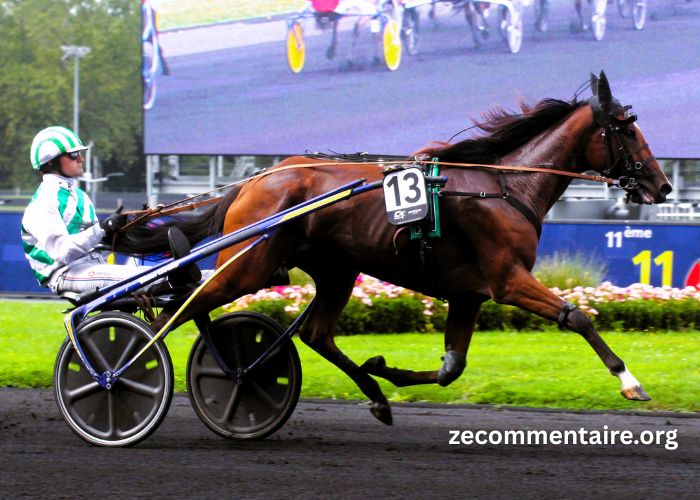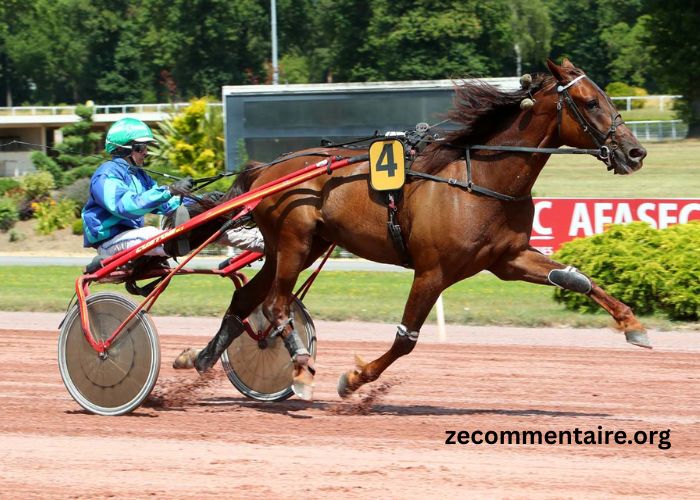Instead of tuning into the nightly baseball game, you settle in to watch a League of Legends tournament with millions of viewers worldwide. The energy is electric, the commentary is fast-paced, and the competition is fierce. This scenario, once far-fetched, is becoming increasingly common as video games transform the landscape of traditional sports.
For decades, sports have held a dominant position in the entertainment sphere. From the thrill of a buzzer-beater to the raw athleticism on display, traditional sports have captivated audiences. However, the rise of esports, or competitive video gaming, is challenging this status quo. While some might see esports as a niche activity for basement dwellers, the reality is far more complex. Esports boast a global audience, professional leagues with multi-million dollar salaries, and a level of accessibility that traditional sports often lack.
This begs the question: are video games spelling the end of traditional sports? Not quite. Instead, we’re witnessing a fascinating convergence where both industries are learning from each other, creating a more dynamic and inclusive sports landscape.
The Allure of Esports: Engagement for a New Generation
Let’s face it, traditional sports can sometimes feel…well, traditional. While the core elements of competition and athleticism remain timeless, they might not resonate as strongly with younger generations who grew up surrounded by technology. Esports, on the other hand, feels tailor-made for the digital age.
Here’s a breakdown of some key factors fueling the rise of esports:
- Accessibility: Anyone with a decent internet connection and a gaming device can participate in esports, either competitively or casually. This low barrier to entry fosters a strong sense of community and allows aspiring players to dream of going pro.
- Variety: The world of esports offers a vast array of genres, from fast-paced first-person shooters like Counter-Strike: Global Offensive to strategic, team-oriented games like Dota 2. This caters to diverse preferences, ensuring there’s an esport for everyone.
- Live Streaming: Platforms like Twitch have revolutionized the way fans consume esports. Viewers can interact with streamers and professional players in real time, fostering a deeper connection than traditional sports broadcasts often provide.
- Technology Integration: Virtual reality (VR) and augmented reality (AR) are poised to play a significant role in the future of esports. Imagine immersing yourself in a League of Legends match from the perspective of your favorite champion!
The rise of esports doesn’t diminish the excitement of a perfectly placed live blackjack bet during a tense break in the action, but it does offer a compelling alternative for a new generation of sports fans.
Traditional Sports Get a Digital Makeover
Faced with the growing popularity of esports, traditional sports leagues and franchises are starting to take notice. Here are some ways they’re adapting to the changing landscape:
- Esports Leagues: Many traditional sports organizations have launched their esports leagues, allowing them to tap into a new audience and revenue stream. For instance, Major League Baseball (MLB) has its esports league centered around the popular MLB: The Show video game.
- Content Creation: Traditional sports teams are embracing social media and streaming platforms to offer fans behind-the-scenes access and create engaging content. This helps bridge the gap between players and fans, fostering a sense of community.
- Technological Enhancements: Stadiums and arenas are incorporating new technologies like VR experiences and interactive displays to enhance the fan experience and make it more akin to the immersive world of esports.
The Future of Sports: A Hybrid Arena
The future of sports doesn’t lie solely in esports or traditional formats. Instead, we’re likely to see a hybrid model emerge, where both industries coexist and borrow from each other’s strengths.
Imagine a world where fans can watch a live NBA game, then hop online and compete in a virtual NBA 2K tournament afterwards. Or picture athletes from traditional sports leagues becoming esports stars through their own branded gaming channels.
This convergence has the potential to create a more inclusive and engaging sports landscape, one that caters to a wider range of interests and demographics.
The Bottom Line: Game On!
The rise of video games isn’t the death knell for traditional sports. Instead, it’s a wake-up call, an invitation to innovate and adapt. By embracing technology and fostering a more digital-savvy approach, traditional sports can ensure their continued relevance in the years to come.
Ultimately, the winner in this digital face-off is the sports fan, who benefits from a richer, more diverse range of entertainment options. So, whether you prefer the roar of the crowd at a live game or the strategic intensity of an esports tournament, the future of sports is looking bright, and the possibilities are truly endless.





